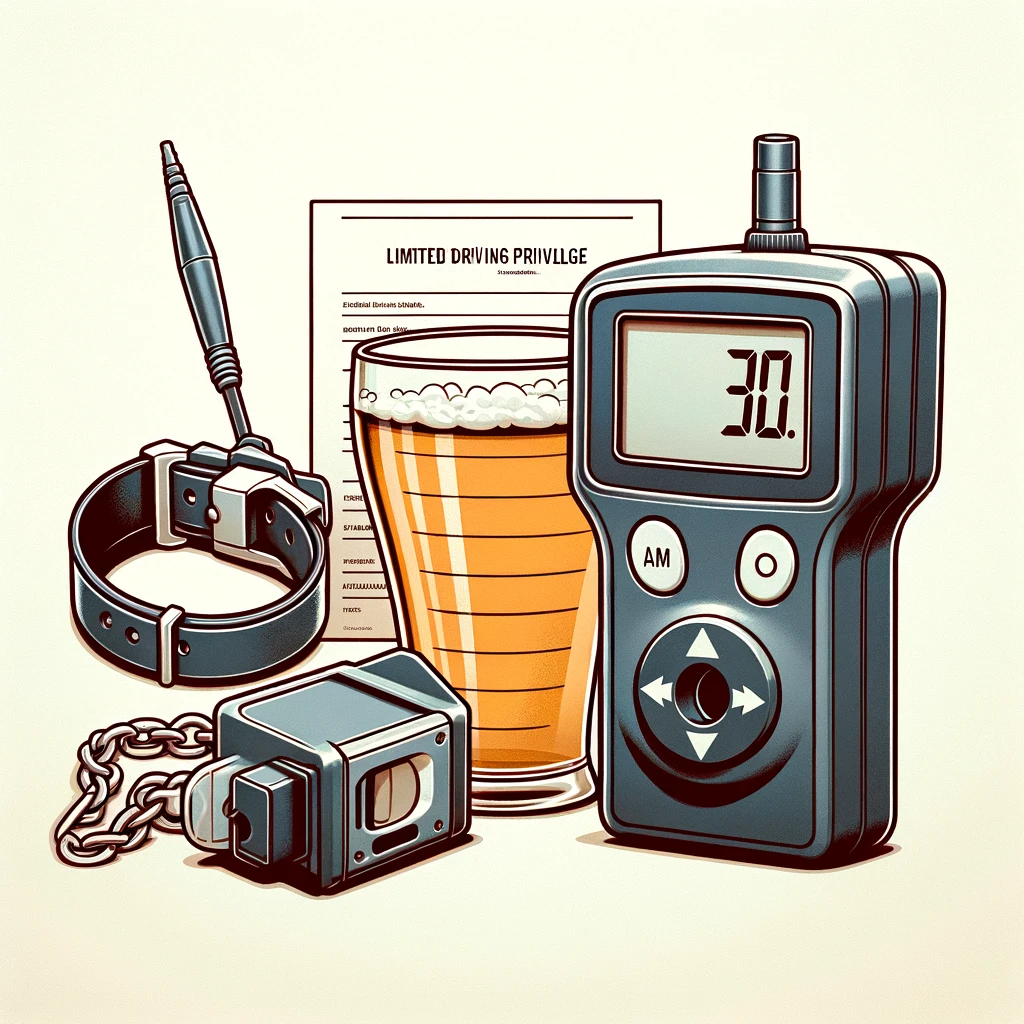In North Carolina, protective orders safeguard individuals from abuse, violence, or harassment. Here’s a comprehensive, legally precise, and concise guide.
Types of Protective Orders
1. Domestic Violence Protective Orders (50B):
- For individuals with personal, intimate, or familial relationships with the defendant.
- Applicable to spouses, ex-spouses, couples with children, household members, parents, grandparents.
- Not currently extended to the LGBT community (who may use 50C orders instead).
2. Civil No-Contact Orders (50C):
- Aimed at preventing unwelcome sexual conduct and harassment.
- Suitable for situations like workplace harassment or stalking by acquaintances.
Criteria for Filing Protective Orders
Residency Requirement: Plaintiff usually files in their home county, or where the abuser resides or the incident occurred.
Legal Representation: Both parties may have separate legal representation in hearings.
Consequences of Protective Orders
50B Order Implications: May require vacating home, paying support, and temporary loss of custody rights.
50C Order Implications: Restrictions on movements, including workplace access.
Rights and Responsibilities of Defendants
- Court Appearance: Mandatory appearance to avoid default judgment.
- Evidence Presentation: Opportunity to refute allegations with evidence and testimony.
- Legal Representation: Right to hire an attorney.
Violation Penalties
50B Violation: Class A1 misdemeanor, punishable by prison time and fines.
50C Violation: Criminal contempt with possible reprimand, imprisonment, fines, or a combination.
Understanding the specifics of protective orders in North Carolina, including their types, filing criteria, and legal implications, is crucial. These orders play a vital role in ensuring safety and justice, and navigating them correctly is essential for all involved parties. Our attorneys are to navigate you through the process.







